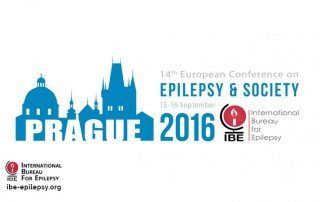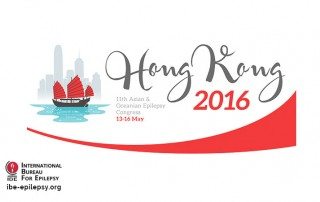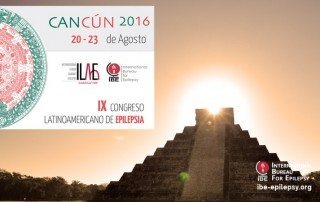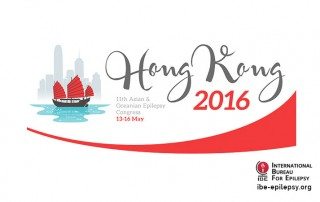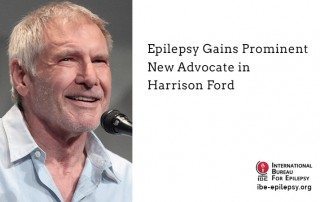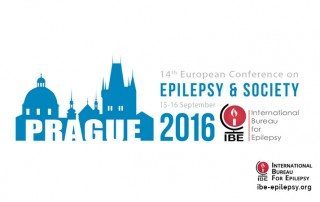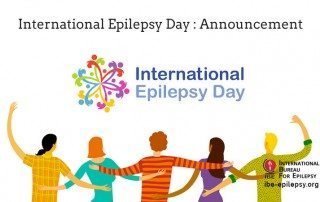Announcing a photography competition for International Epilepsy Day 2016 Photography used to be regarded as a hobby, with cameras taken out of their cases to capture special occasions. In recent years taking a photo (or numerous photos) has become part of everyday life. With the invention of the smartphone, photos of friends and family are taken at a frightening rate. With the Selfie came the immense explosion of photo-sharing on Facebook, Instagram, Twitter and Whatsapp (to name but a few). Today, photography has never been so prolific. However, despite the ‘point and click’ ease of the smartphone, taking photographs using regular camera equipment has not disappeared. If anything, it has become even more popular. A growing number of people now are investing in expensive photographic equipment and joining classes and clubs to hone up on their skills. Flickr is their destination of choice for sharing prized images. International Epilepsy Day 2016 For International Epilepsy Day 2016, we are pleased to announce a photography competition with the theme ‘Yes, I can’, to demonstrate achievement in overcoming obstacles, or achievement despite obstacles. The best photographs will form the International Epilepsy Day exhibition, taking place in the European Parliament in Strasbourg from Monday 1st [...]


